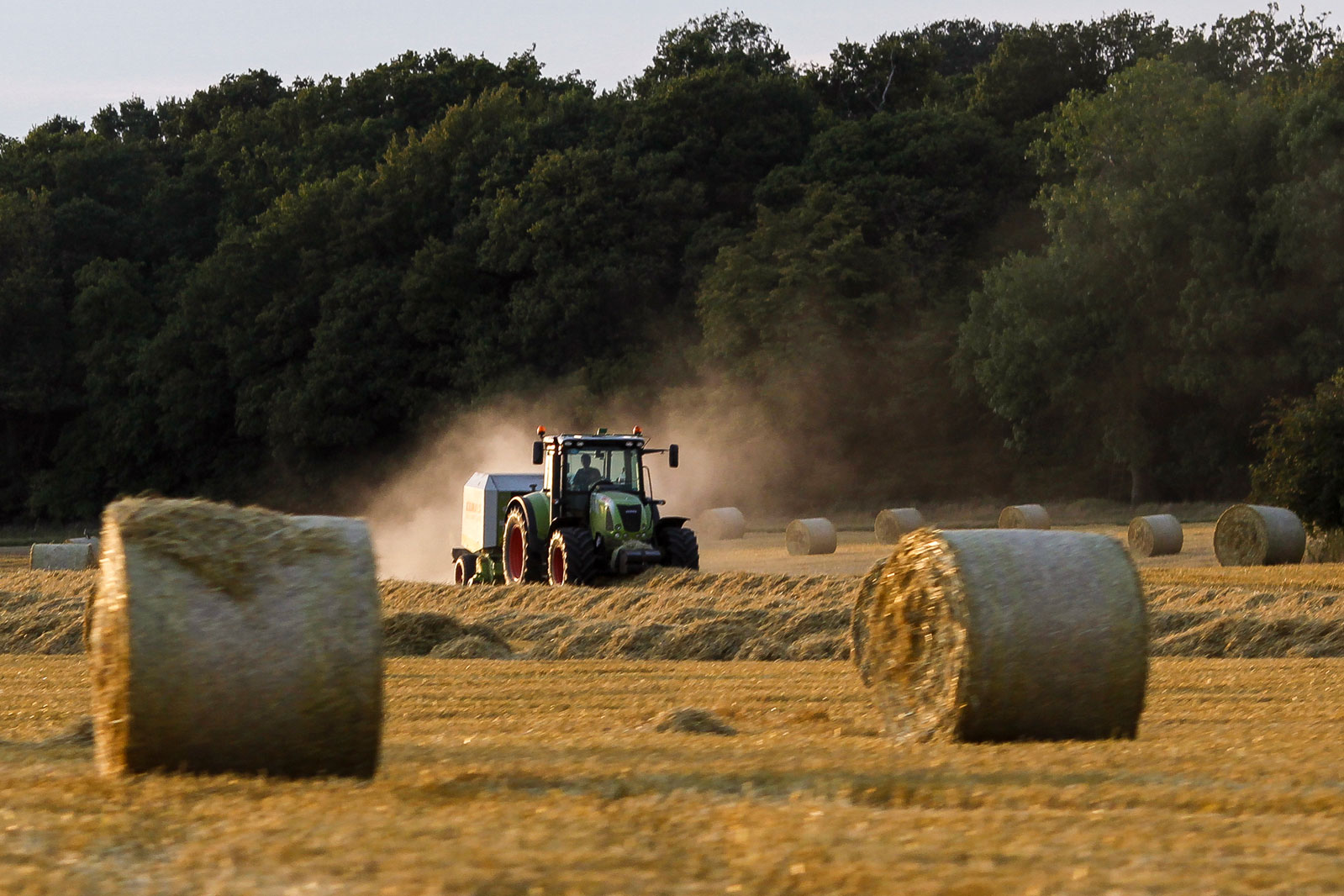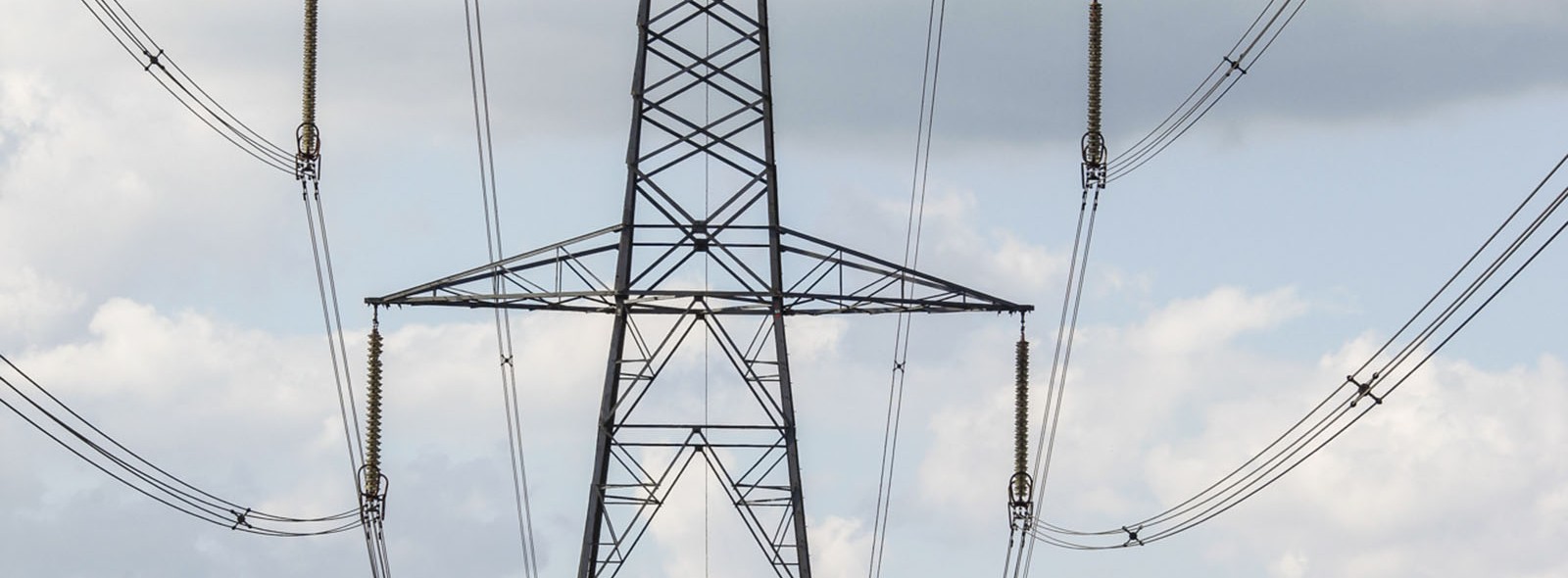Who Will Pick Up the Bill
Whilst the Prime Minister is at pains to reassure voters that taxes will not immediately rise to pay for the enormous financial stimulus that has been launched as a reaction to the Covid-19 pandemic, as with all borrowing there will ultimately be a day of reckoning.
Of the range of taxes available to the Chancellor, capital taxes are often an easier option in political terms, being perceived to primarily affect the wealthy. After a period of particularly benign conditions for Capital Gains Tax (CGT) and Inheritance Tax (IHT) in particular, it would not be surprising to see some tightening of reliefs and possible increases in tax rates.
This has already been flagged for IHT with publication in July 2019 of the second part of the Office of Tax Simplification report in to “Simplifying the design of Inheritance Tax”. This was followed in January of this year by the All-Party Parliamentary Group publishing their report on “Inheritance and inter-generational fairness”. Both reports considered the inter-relationship between CGT and IHT on death as well as reviewing the various reliefs available such as Business Property Relief and Agricultural Property Relief, both of which are critical tools for preserving rural businesses through generational change.
Options considered include removing the CGT base value uplift on death where IHT relief is available, increasing the threshold of trading income for Business Property relief to 80% (the so called Balfour test) and more radically moving to a tax on all transfers (whether lifetime or on death) with a uniform tax rate, minimal reliefs and an annual exemption (£30,000 has been mentioned). All of these options would potentially have a significant effect on many rural businesses.
With many businesses reviewing their structure through the current turmoil, consideration of succession opportunities and ways in which current tax reliefs can be crystallised should be high on the agenda. Ultimately someone will have to foot the bill however prudent action now can ensure that rural businesses do not suffer an additional financial burden when the time comes for the next generation to take on the business.
(Written by: James Dennis)













